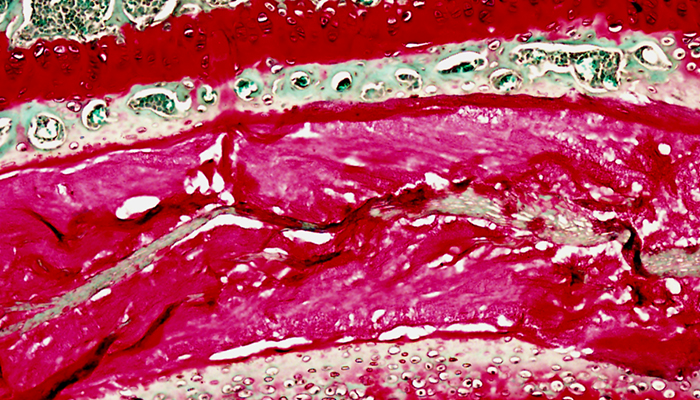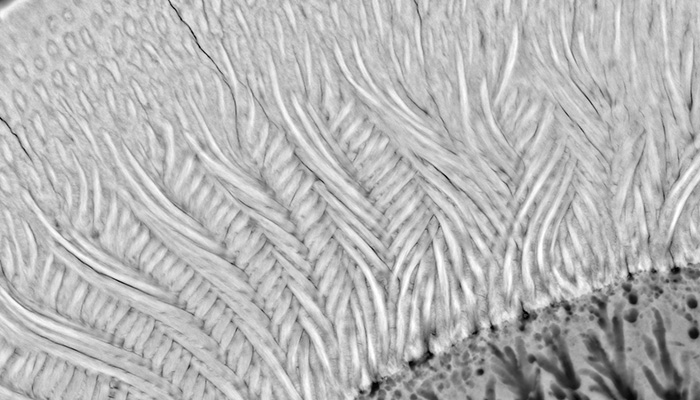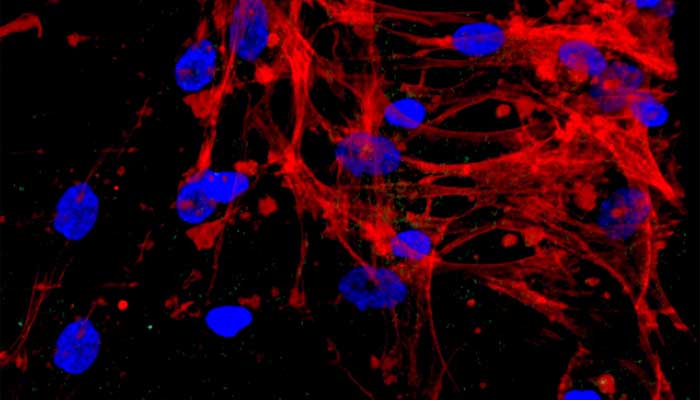
Bottino Lab
Regenerative Dentistry
Marco C. Bottino, DDS, MSc, PhD, FADM
The Bottino Lab (Regenerative Dentistry) focuses on identifying and translating regenerative materials and technologies to reestablish dental, oral, and craniofacial (DOC) tissue health.
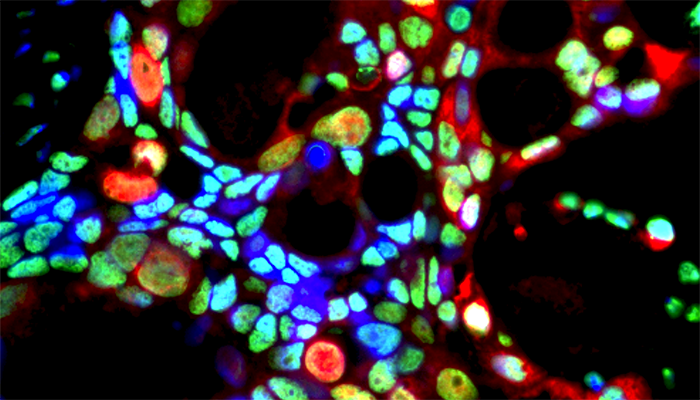
Castilho Lab
Laboratory of Epithelial Biology
Rogerio Castilho, DDS, MS, PhD
The Castilho Lab focuses on the genetic and epigenetic mechanisms involved in the control of epithelial cells and stem cells during homeostasis, healing and disease.
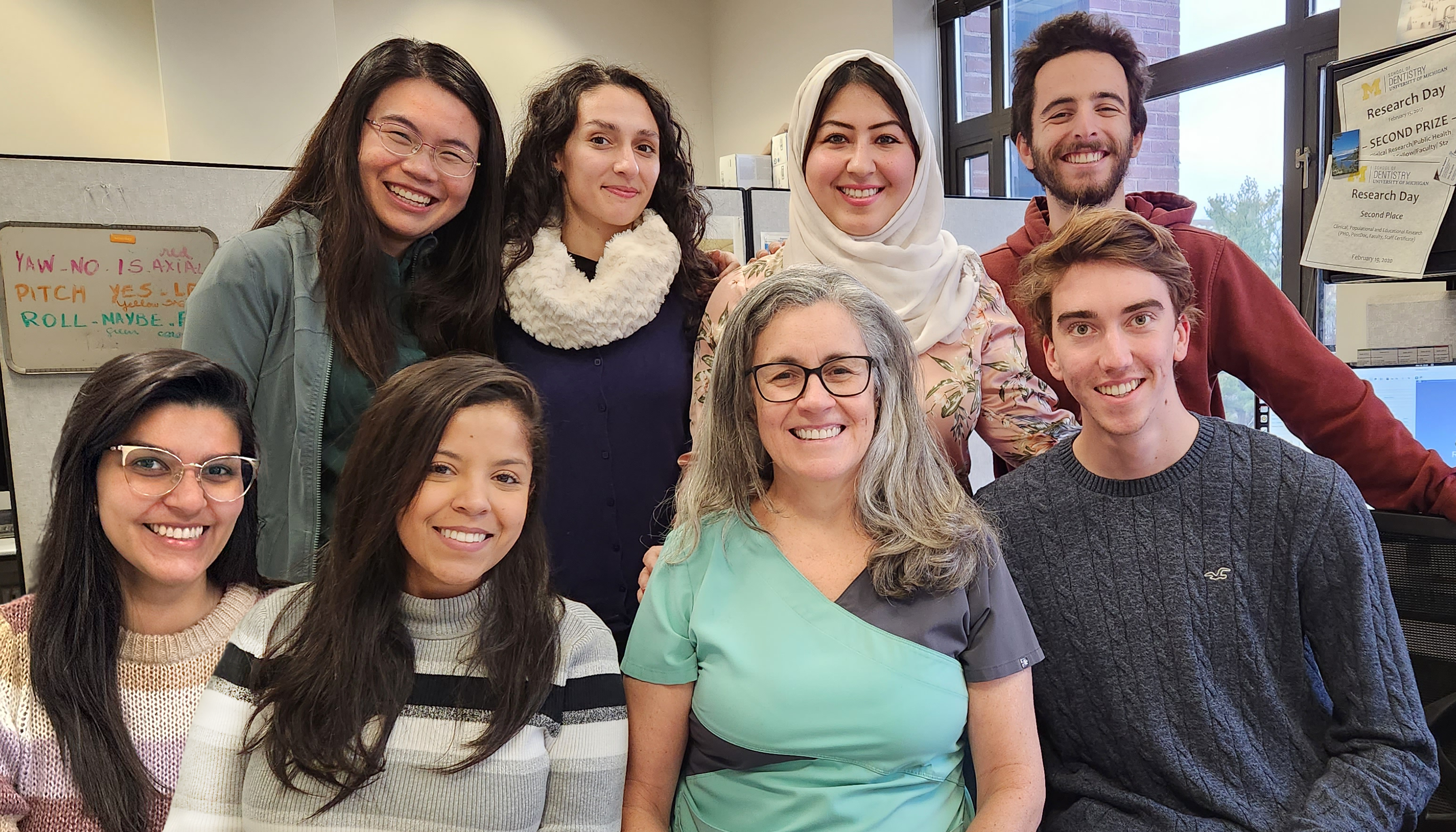
Cevidanes lab
Dental and Craniofacial Bionetwork for Image Analysis - DCBIA
Lucia Cevidanes, DDS, MS, PhD
The DCBIA integrates and disseminates imaging quantitative methodology in Dentistry, supporting patient-specific decision making and assessment of the disease progression via data processing, predictive modeling and machine learning.
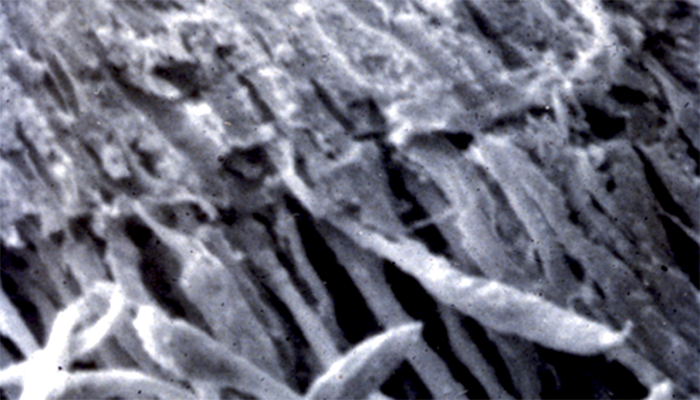
Chiego Lab
Daniel Chiego Jr., MS, PhD
Dr. Chiego is involved with innervation of the pulp. This is of particular interest because of the variety of its roles in development, growth, pain, inflammation/immunity and repair. These roles occur in most peripheral tissues but in the dental pulp they are concentrated in a well defined anatomical area.
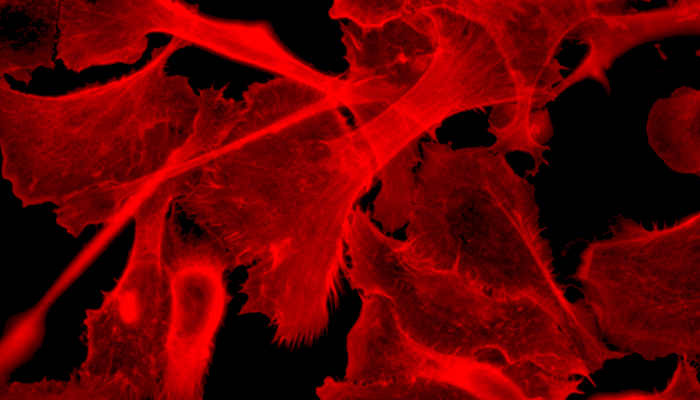
D'Silva Lab
Nisha J. D'Silva, BDS, MSD, PhD
The D'Silva Lab's translational research focus is head and neck cancer, including biomarkers for early detection and treatment resistance, and molecular mechanisms of tumor progression and treatment resistance.
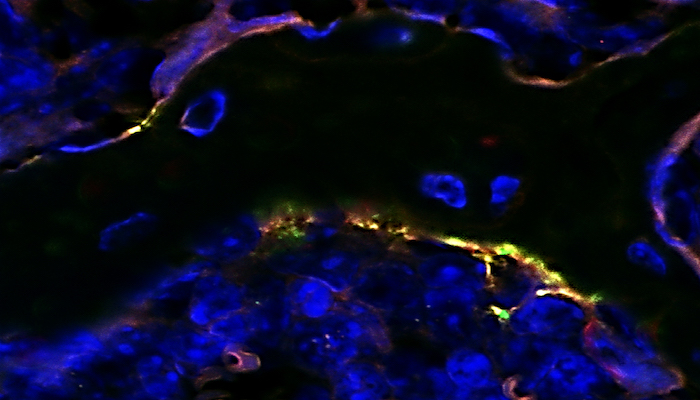
Ann Decker Lab
Ann M. Decker, DMD, PhD
Dr. Decker's laboratory focuses on the intercellular signaling mechanisms that regulate inflammation in bone. Specifically, we are keen to understand how periodontal disease trains innate immunity and subsequent effects on bone regeneration and skeletal cancer metastasis that reside in the bone marrow niche spaces.

Joseph Decker Lab
Joseph Decker, PhD
The Decker Lab is focused on developing technologies that 1) detect and interpret the inter- and intra-cellular signaling networks within the tissue microenvironment, 2) alter an existing unfavorable microenvironment and 3) leverage alterations in the pathophysiological microenvironment for early detection and intervention. We have several active research aims towards these goals.
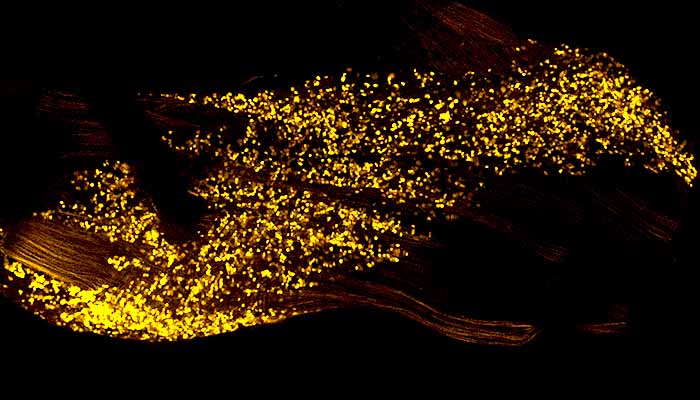
Emrick Lab
Joshua J. Emrick, DDS, PhD
The Emrick lab studies the molecules, cells, and circuitry of the sensory nervous system innervating the mouth, head, and neck to understand how it all encodes oral and craniofacial information, contributes to normal tissue function, and ultimately drives reflexes and perceptions.
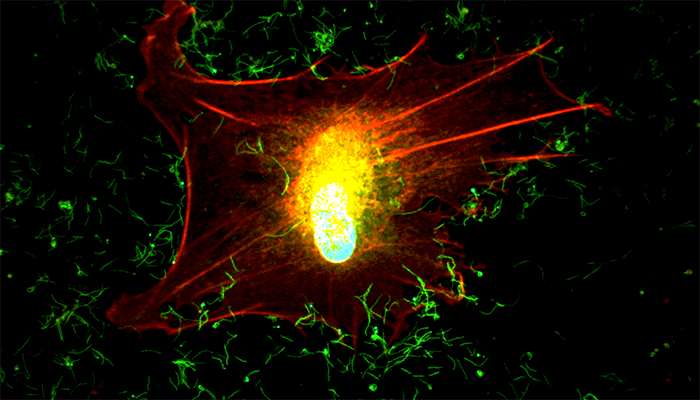
Fenno Lab
J. Christopher Fenno, PhD
Dr. Fenno's research focuses on the role of the oral spirochete Treponema denticola in the development of periodontal diseases. The studies involve molecular characterization of spirochete surface-expressed and secreted proteins and their interactions with host tissue components.
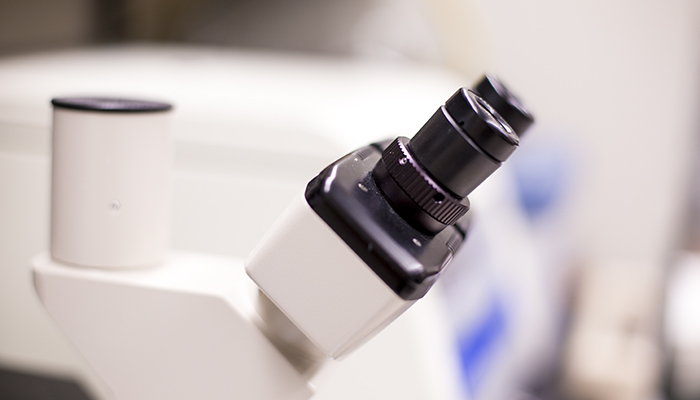
Fontana/González Lab and Clinical Research Unit
Carlos González-Cabezas, DDS, MSD, PhD,
Margherita Fontana, DDS, PhD
The Fontana/González Lab and Clinical Research Unit's research interests relate primarily to caries management in children, including risk assessment (and interprofessional care models), dental sealants, and oral biofilms as it relates to caries development and/or prevention (and included in this area, therapies that may affect the biofilm, such as xylitol, silver diammine fluoride, etc).
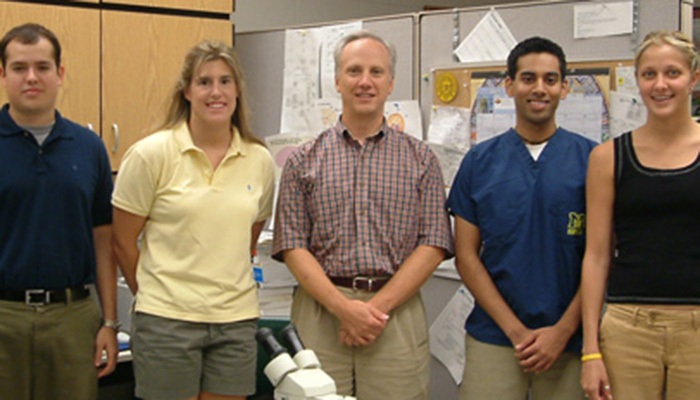
Gerstner Lab
Geoffrey Gerstner, DDS, MS, PhD
My primary interest is in how mammalian motor systems compensate for the potentially detrimental effects of tooth wear in diphyodontic species and the life-threatening potential that occurs during swallowing due to incomplete separation of the respiratory and digestive systems in the oropharynx.
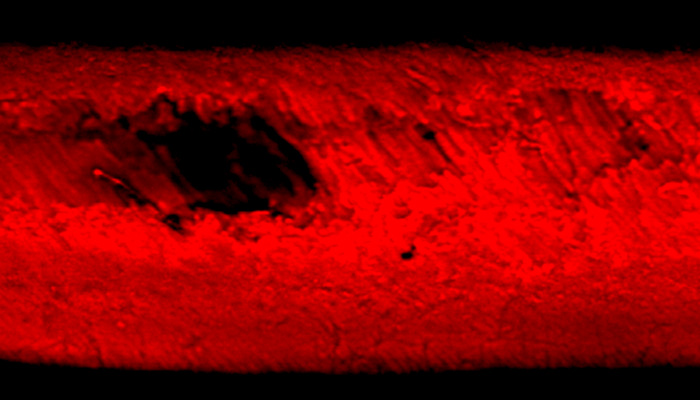
Gonzalez Lab
Carlos González-Cabezas, DDS, MSD, PhD
The Gonzalez laboratory is interested in understanding dental caries and their clinical management. Particular interest in remineralization, fluorides, diagnosis and oral health products in general (e.g., dentifrices, rinses, toothbrushes, etc.).
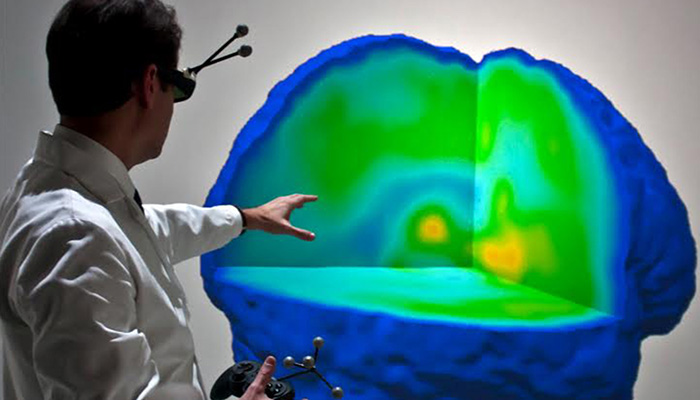
H.O.P.E. Lab
Alexandre F. DaSilva, DDS, DMedSc
Directed by Dr. Alexandre F. DaSilva, H.O.P.E. (Headache & Orofacial Pain Effort) is a multidisciplinary collaborative effort to investigate the brain as a research and therapeutic target for chronic trigeminal pain disorders, including primary headaches (e.g. migraine), TMJD and trigeminal neuropathic pain.
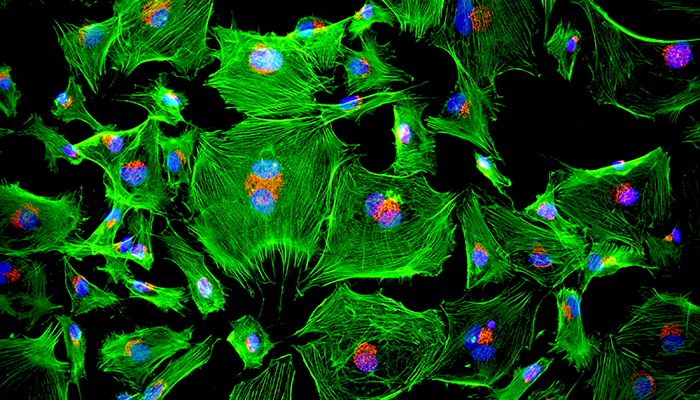
Hatch Lab
Nan Hatch, DMD, PhD
The Hatch Lab is focused upon elucidating essential factors and pathways that control craniofacial skeletal development and pathogenic mechanisms leading to craniofacial skeletal anomalies, with an emphasis on craniosynostosis (the premature fusion of cranial bones).

Inglehart Lab
Marita Rohr Inglehart, Dr. phil. habil.
The Inglehart group's interests focus on exploring how oral health disparities could be reduced. Efforts focus on (a) educational research and (b) behavioral/clinical research related to oral health disparities.
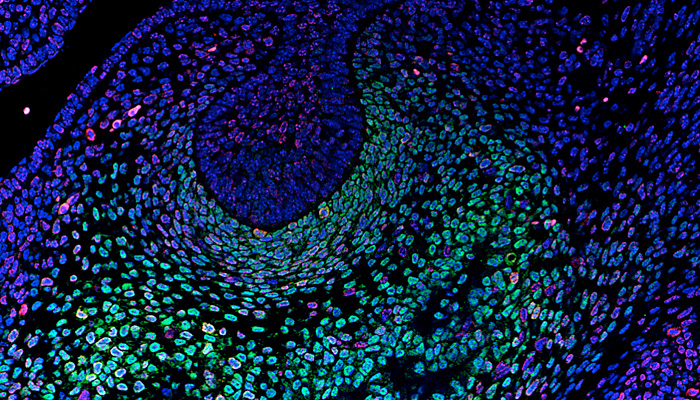
Iwata Lab
Junichi Iwata, DDS, PhD
The goal of the Iwata laboratory is to prevent craniofacial birth defects and prevent and treat oral diseases.
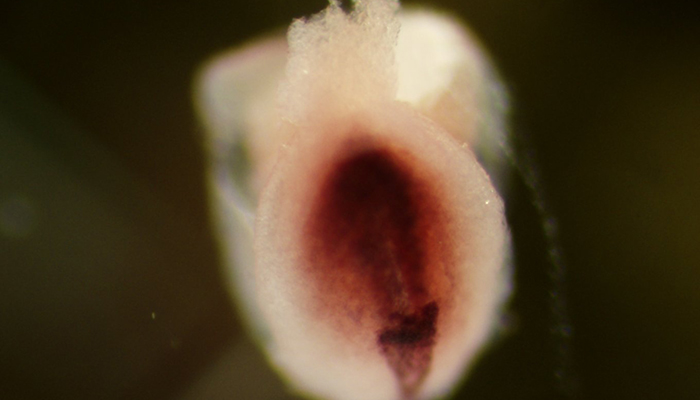
Kaartinen Lab
Vesa M. Kaartinen, PhD
Research in the Kaartinen lab focuses on the molecular reasons behind craniofacial and cardiac birth malformations, such as cleft palate, cleft lip and cardiac valve and septal anomalies; growth factor signaling in normal development in order to understand reasons that often lead to a failure in these particular developmental processes.
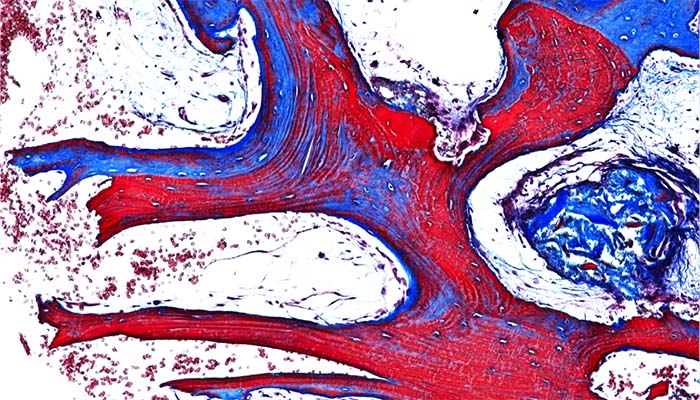
Kaigler Lab
Darnell Kaigler, Jr., DDS, PhD
The Kaigler laboratory is focused on developing novel and innovative approaches for tissue engineering of bone, gingiva, salivary gland tissue, and tooth-related structures (enamel, dentin, dental pulp). Fundamental studies conducted on the molecular level are as aimed at providing rationale and guidance to human studies exploring clinical application.
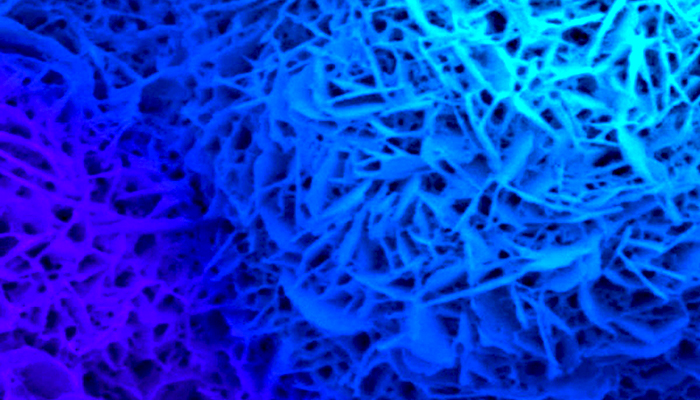
Kohn Lab
David H. Kohn, MSE, PhD
Dr. Kohn’s laboratory focuses on biomineralization, which is investigated by establishing structure-function relations in mineralized tissues, and utilizing this information to develop biomimetic strategies to engineer tissue.
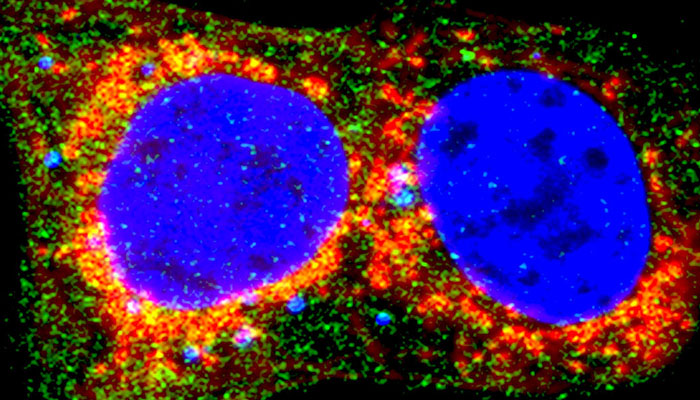
Lei Lab
Yu Lei, DDS, PhD
The Lei laboratory focuses on the regulatory mechanisms of cancer-associated immune suppression and novel vaccine technologies to enhance host anti-tumor immunity.
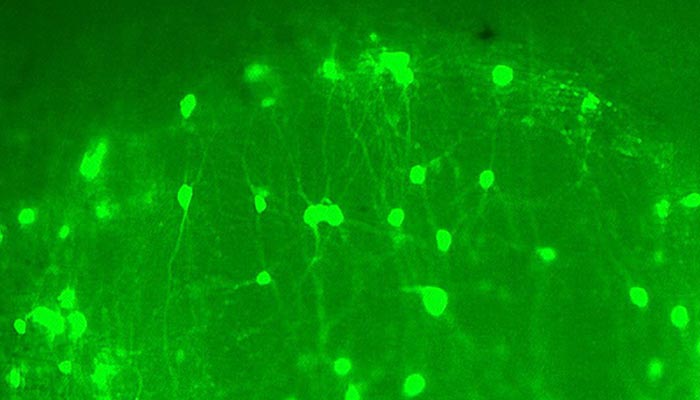
Li Lab
Peng Li, PhD
By molecular and genetic dissection of the breathing-control circuitry, our laboratory studies the function of neural populations that control breathing rhythms and behaviors (such as sighing), and the pathophysiology of diseases with breathing abnormality.
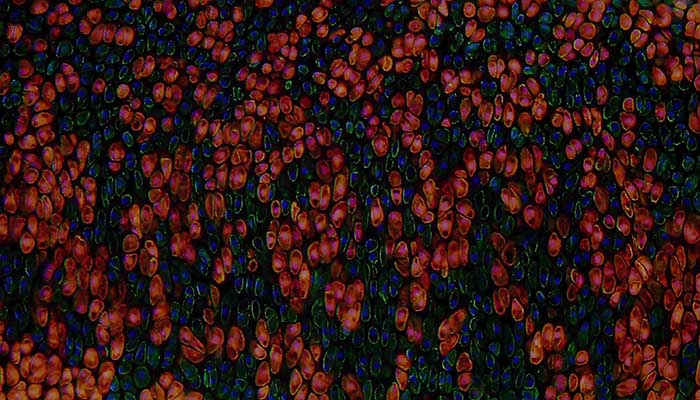
Liu Lab
Fei Liu, DDS, PhD
Research in the Liu laboratory focuses on understanding cellular and molecular mechanisms that regulate physiological and pathological bone metabolism, skeletal and craniofacial bone development and diseases.
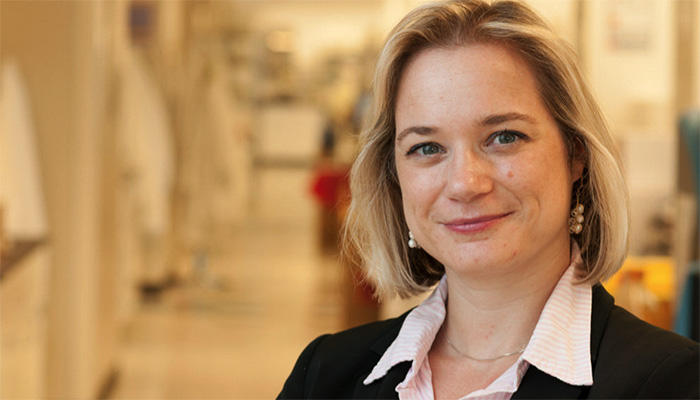
Lombaert Lab
Isabelle Lombaert, PhD
TThe Lombaert Lab determines how stem cells participate in the formation of branching organs (e.g., salivary glands) and how they respond to various external and internal cues in normal, damaged or diseased environments.
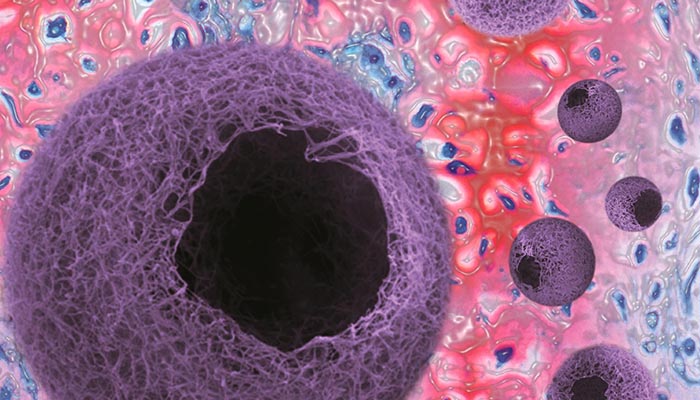
Ma Lab
Peter X. Ma, MS, PhD
The Ma laboratory is focused on tissue engineering and regenerative medicine of bone and periodontal tissues: (1) stem cells (embryonic and mesenchymal stem cells) and their interactions with biomaterials; (2) spatially and temporally controlled delivery of growth/differentiation factors using nanotechnologies to mediate cell proliferation and differentiation.
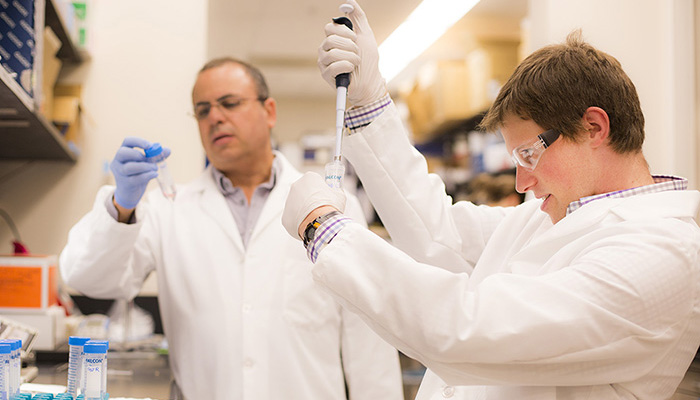
McCauley/Roca Lab
Laurie K. McCauley, DDS, MS, PhD
Hernan Roca, PhD
The McCauley/Roca Lab researches hormonal controls of bone remodeling, anabolic actions of parathyroid hormone (PTH), parathyroid hormone-related protein (PTHrP), and the impact and therapeutic potential of PTH in craniofacial osseous wound healing.
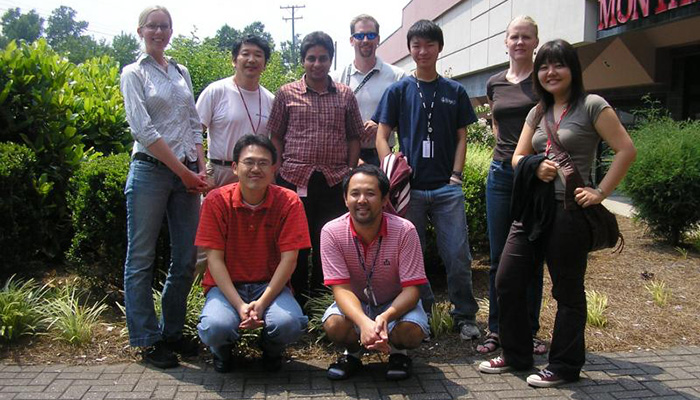
Mishina Lab
Yuji Mishina, PhD
The Mishina Laboratory explores how growth factors, particularly the Bone Morphogenetic Proteins (BMPs), function during skeletogenesis and craniofacial development. Targeted diseases are craniosynostosis, frontnasal dysplasia, midface hypoplasia, chondrodysplastic dwarfisms and heterotopic ossification.
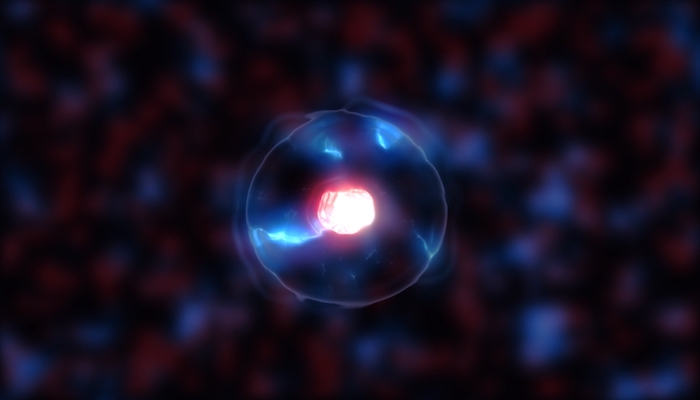
Morales-Hernández Lab
Antonio Morales-Hernández, PhD
Hematopoietic stem cells (HSCs) are the most therapeutically exploited adult stem cells, used routinely to treat leukemia and hematologic disease via HSC transplantation. Every year in the United States, 20,000 HSCTs are performed. However, problems remain with this treatment.
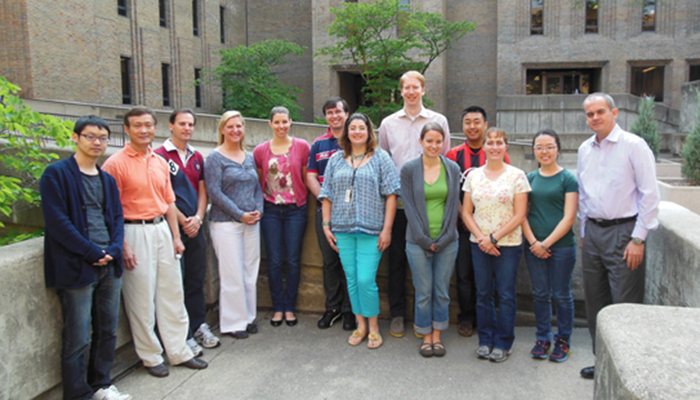
Nör Lab
Jacques Nör, DDS, MS, PhD
My broad research interests are in tumor angiogenesis and stem cell biology. My current research foci are the study of mechanisms regulating the vascularization of head and neck tumors, and the impact of cancer stem cells in head and neck squamous cell carcinomas and salivary gland cancer.
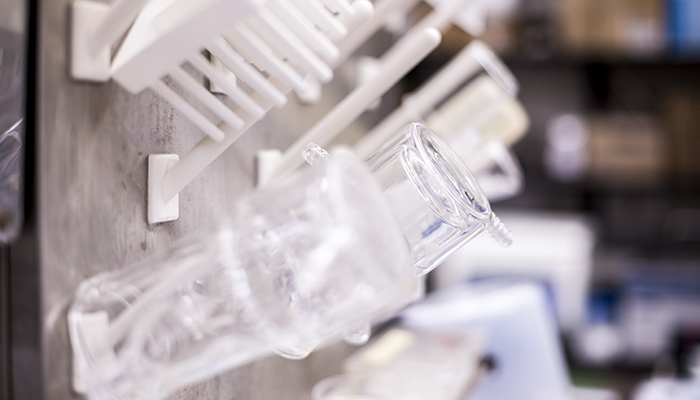
Polverini Lab
Peter Polverini, DDS, DMSc
The Polverini Lab focuses on understanding the policy impact of new models of collaborative care on improving access to care for chronically underserved populations and the role precision medicine in the diagnosis and treatment of chronic oral diseases.

Ritchie Lab
Helena Ritchie, MS, PhD
The Ritchie laboratory is focused on studying two major dentin noncollagenous proteins, dentin sialoprotein (DSP) and physophporyn (PP) which appear to play a significant role in the conversion of uncalcified predentin to calcified dentin.
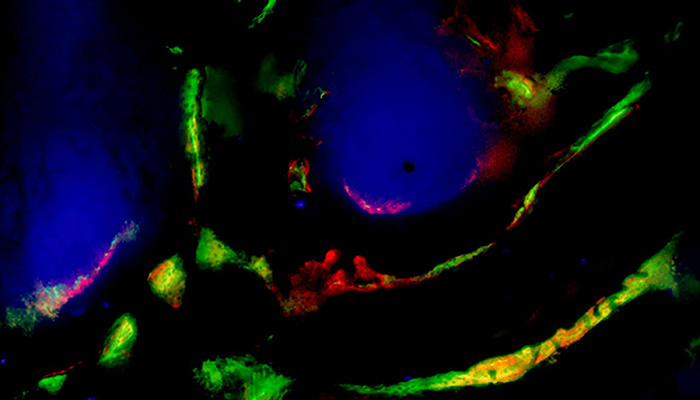
Sasaki Lab
Dental Inflammology
Hajime Sasaki, DDS, PhD
The goal of the Sasaki Lab is to develop novel therapeutic approaches for the prevention and treatment of inflammation-associated diseases and to provide better environment for wound healing and tissue regeneration.
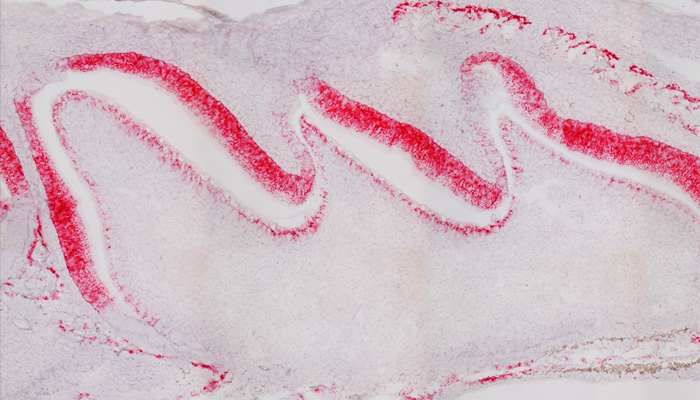
Simmer Hu Lab
James P. Simmer, DDS, PhD & Jan Hu, BDS, PhD
The Simmer Hu Laboratory's research is in the areas of tooth development, enamel and dentin formation, biochemistry and molecular biology of amelogenins, and hypophosphatasia and amelogenesis imperfecta.
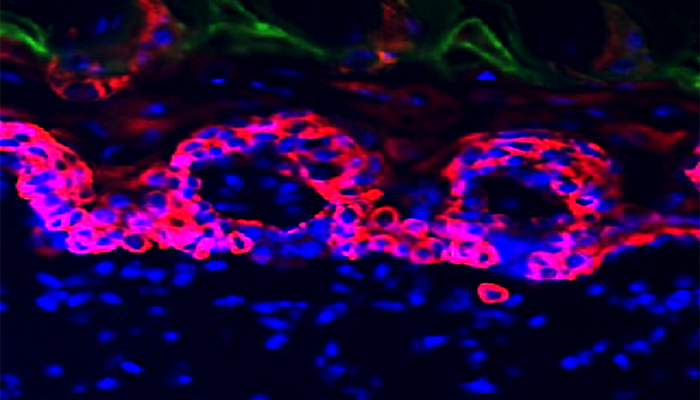
Squarize Lab
Cristiane Squarize, DDS, MS, PhD
The Squarize Lab investigates the function of the key signaling pathways and stem cells in epithelial regeneration and disease.
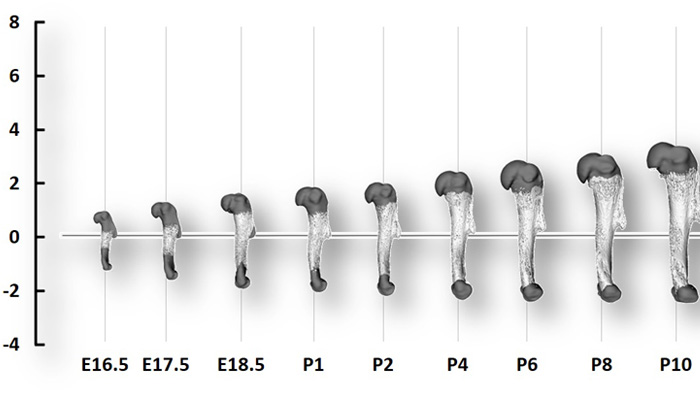
Stern Lab
Tomer Stern, Ph.D., M.Sc.
Our lab is dedicated to understanding the complex choreography of cells as they organize during early animal development, giving rise to diverse organ morphologies, which we achieve through genetic manipulation, advanced microscopy, and computational data analysis, in two different model systems.
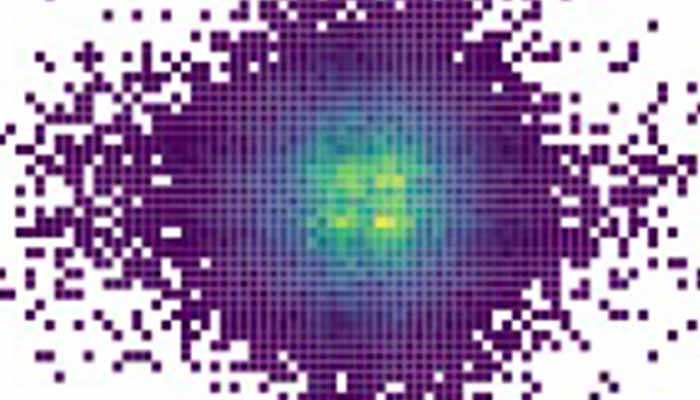
Surface Lab
Lauren Surface, PhD
The Surface Lab utilizes genome-wide approaches followed by molecular and organismal investigations, to understand the molecular responses of bone cells.
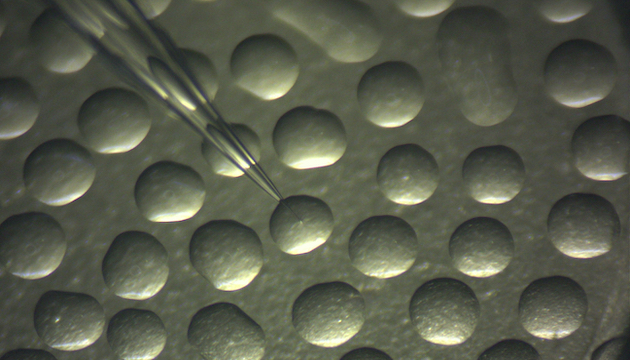
Tenuta Lab
Livia M. A. Tenuta, DDS, MSc, PhD
The Tenuta Lab is focused on understanding the interactions between the dental biofilm, fluoride and caries, with the goal of developing innovative solutions to reduce caries experience throughout the lifecourse.
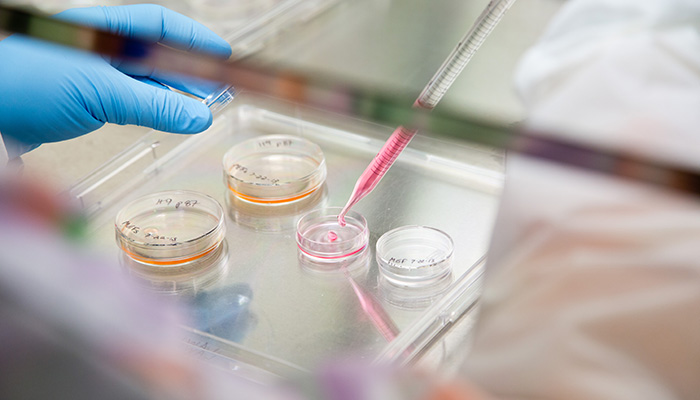
Wang Lab
Hom-Lay Wang, DDS, MSD, PhD
Research in the Wang group focuses on periodontal and dental implant-related clinical research with a specific focus on barrier membranes, bone grafting and growth factors.


